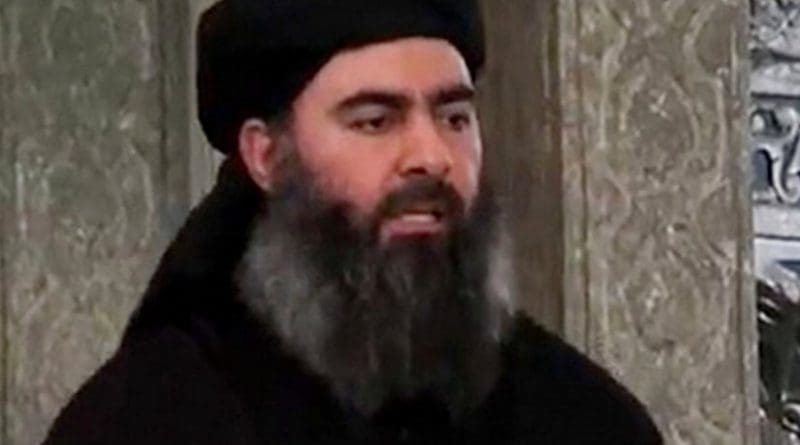Islamic State, Syria And The End Of The Illusion Of Containment – OpEd
By Paul Woodward - War in Context
When Bernie Sanders, in preparation for Saturday’s Democratic presidential debate, considered how he should field questions on ISIS in the wake of the Paris attacks, one point must have been obvious: he shouldn’t make President Obama’s blunder of talking about containment.
Instead, Sanders opted for a revised version of George Bush’s declaration right after 9/11: “My administration has a job to do and we’re going to do it. We will rid the world of the evil-doers.”
Replace “my administration” with America leading the world, and switch “evil-doers” for ISIS and you get from Sanders: “Together, leading the world, this country will rid our planet of this barbaric organization called ISIS.”
If after 9/11 many Americans were too traumatized to think straight and thus hesitated to dismiss Bush’s impossible promise, Sander’s audience already aware that he’s unlikely to win the Democratic nomination, let alone become president, couldn’t have been too surprised about being offered this kind of empty rhetoric.
After all, when it comes to his inability to present a credible policy on how to deal with ISIS, Sanders is far from alone.
Consider, for instance, the “expert” opinion of political scientist, Stephen Walt, less than six months ago:
Despite its bloodthirsty and gruesome tactics, the Islamic State is not, in fact, a powerful global actor. Its message attracts recruits among marginalized youth in other countries, but attracting perhaps 25,000 ill-trained followers from a global population of more than 7 billion is not that significant. It may even be a net gain if these people leave their countries of origin and then get to experience the harsh realities of jihadi rule. Some of them will realize that the Islamic State is brutal and unjust and a recipe for disaster; the rest will be isolated and contained in one spot instead of stirring up trouble at home.
That kind of assessment, along with overly optimistic reports from his own field commanders, led Obama — just hours before ISIS let loose mayhem across Paris — to assert:
From the start our goal has been first to contain, and we have contained them.
Clearly, the containment strategy isn’t working.
The fact that containment could even be presented as an option is indicative of the fact that too often, what is presented as strategy in Washington, is too often little more than branding.
By a process of what could be called rhetorical logic, a tried and tested solution — the Soviet Union was successfully contained — gets repackaged for ISIS, a much smaller power. Containment worked then, so it can work now — so goes the logic.
But for containment to work, the Soviet Union and ISIS would by nature if not size, need to be comparable entities — which obviously they are not.
ISIS is a shapeshifter. As a fledgling state it might be contained, but as an inspirational force it penetrates the globe.
Almost exactly a year ago, ISIS issued the following warning:
This is a message to all the enemies of Islam and specifically France…. As long as you keep bombing you will not find peace. You will even fear travelling to the market. I call my brothers in France who have not made Hijra, those who are unable to make Hijra, and those who do not possess the means to make Hijra. Know that Jihad in this time is fard-‘ayn (obligatory on all).

